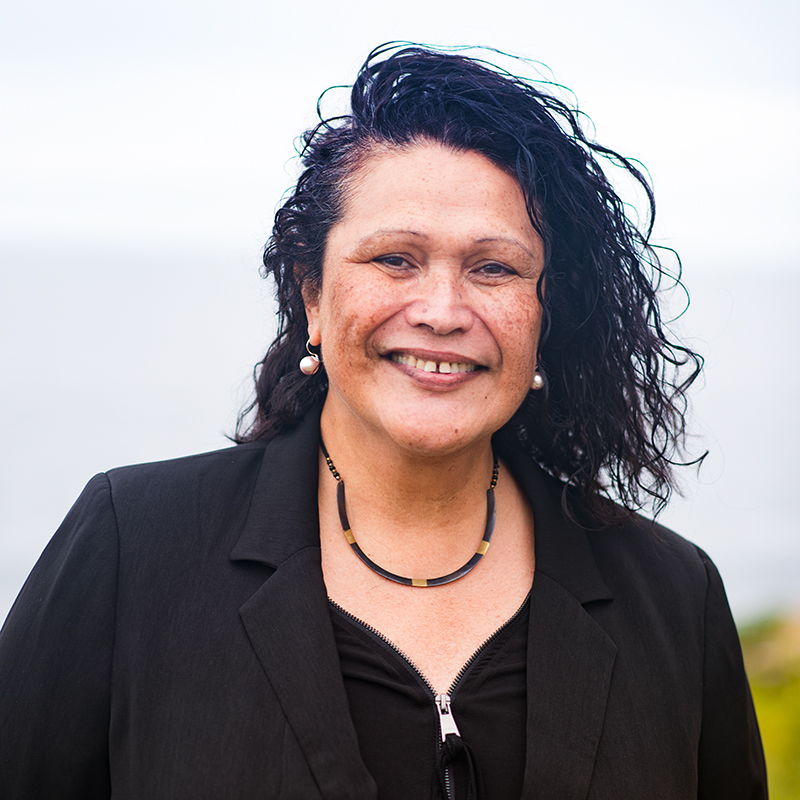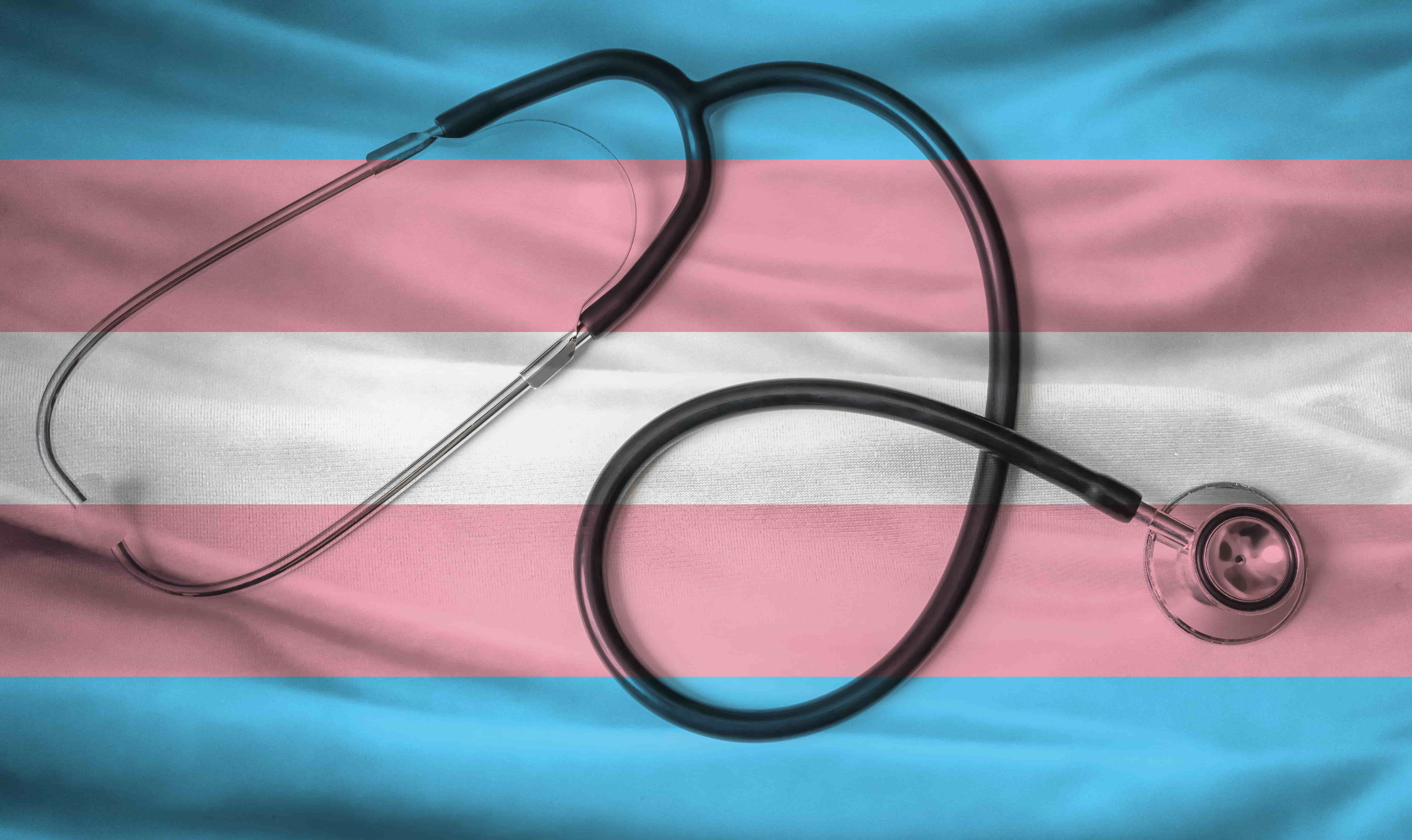A coalition of LGBTQ and health care rights groups, including Lambda Legal, Southern Legal Counsel, Florida Health Justice Project, and National Health Law Program, have criticized the rule banning Medicaid coverage for transgender people, noting that the ban will impact thousands of transgender Floridians, forcing them to either forego medical care or pay exorbitant out-of-pocket costs to receive treatments that their personal health care providers may deem as medically necessary.
“Ignoring thousands of public comments and expert testimony, Florida’s AHCA has finalized a rule that will deny Medicaid coverage for all medically necessary gender-affirming care for both youth and adults,” the groups said in a joint statement. “This discriminatory and medically unsound rule will take effect on August 21, 2022, putting transgender people in jeopardy of losing access to critical gender-affirming health care services.”
The coalition also denounced what it called Florida’s “cruel effort to strip transgender Floridians on Medicaid of the ability to access essential, medically necessary, and often lifesaving medical care.”
“AHCA’s actions, at the behest of Governor DeSantis and his political appointees, are morally and legally wrong as well as medically and scientifically unsound,” the coalition said in a statement. “This rule represents a dangerous escalation in Governor DeSantis’s political zeal to persecute LGBTQ+ people in Florida, and particularly transgender youth. … We will fight this rule and defend the rights of transgender people in Florida in whatever forum necessary to protect their rights to access health care coverage that is readily available to other participants in Florida’s Medicaid program.”


































You must be logged in to post a comment.